New Delhi, June 22 (V7N) – In a major geopolitical development, India has officially announced that it will not reinstate the Indus Waters Treaty with Pakistan. The statement was made by Indian Home Minister Amit Shah in an exclusive interview with The Times of India on Saturday. This announcement further dims Pakistan’s hopes of renegotiating or restoring the water-sharing agreement, which has been a cornerstone of bilateral water cooperation for over six decades.
According to a report by Reuters, Amit Shah declared unequivocally that the treaty with Islamabad will “never be reinstated.” He stated that the water that was previously flowing into Pakistan will now be diverted for domestic consumption within India.
The Indus Waters Treaty, signed in 1960 under the mediation of the World Bank, allowed both India and Pakistan to share the waters of the Indus River system, which includes the Indus, Jhelum, and Chenab rivers. Despite multiple military conflicts between the two nations, the treaty had largely withstood political tensions and was considered one of the most successful examples of water diplomacy in South Asia.
However, the status quo began to shift following a deadly attack in April this year in the India-administered region of Jammu and Kashmir. The incident claimed the lives of 26 civilians. Delhi labeled the attack a “terrorist act” and blamed Pakistan-based elements for orchestrating it. In response, the Indian government suspended its participation in the treaty, calling into question the future of cross-border water-sharing arrangements.
The Home Minister’s latest remarks now confirm that the suspension has transitioned into a complete withdrawal, effectively ending India’s commitment to the treaty. “Water from Indian rivers belongs to India and will be used for the needs of our citizens,” Shah emphasized during the interview.
This decision is expected to further escalate tensions between the two nuclear-armed neighbors. Environmentalists and international observers have also expressed concern over the potential fallout of scrapping such a critical water-sharing agreement, particularly amid growing climate-related stress on water resources in the region.
Pakistan has not yet officially responded to Shah’s latest statement. However, analysts predict that the issue may soon be taken to international forums, including the United Nations and the International Court of Justice, as Islamabad seeks to challenge New Delhi’s move diplomatically.
The termination of the Indus Waters Treaty marks a historic turning point in Indo-Pak relations and could have wide-ranging implications for regional stability, food security, and future water governance in South Asia.



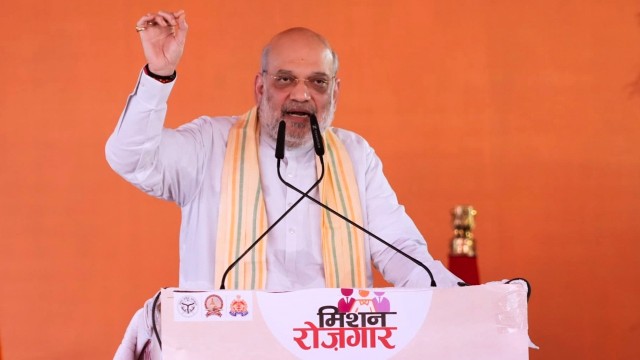
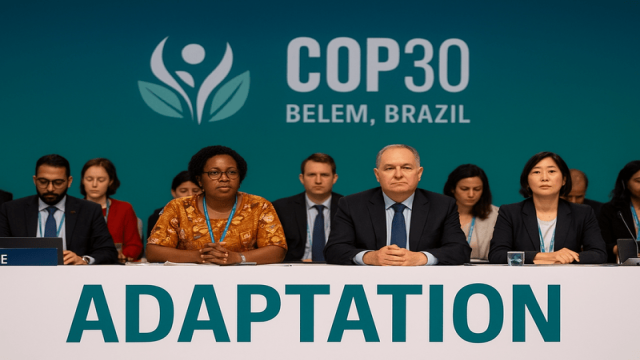


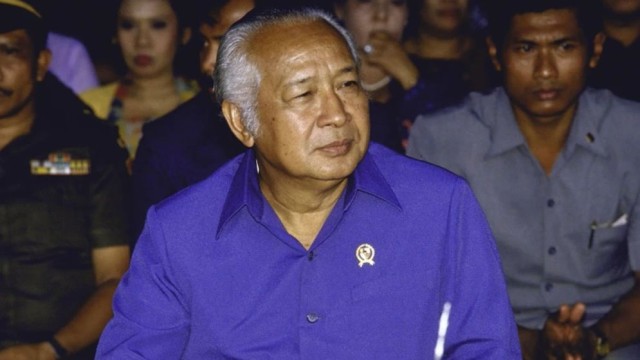






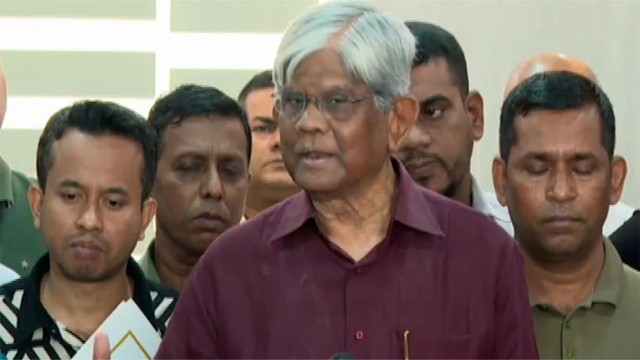
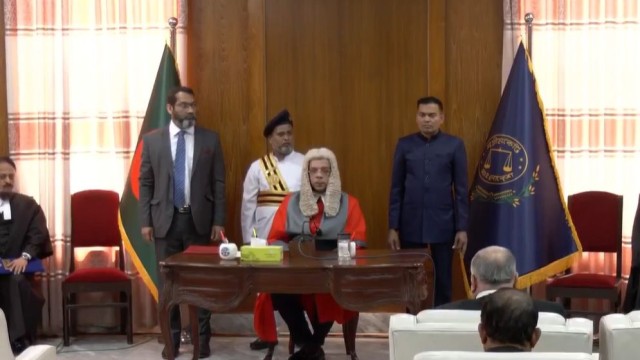


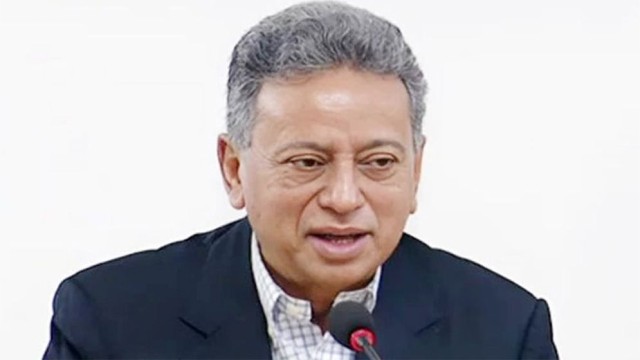



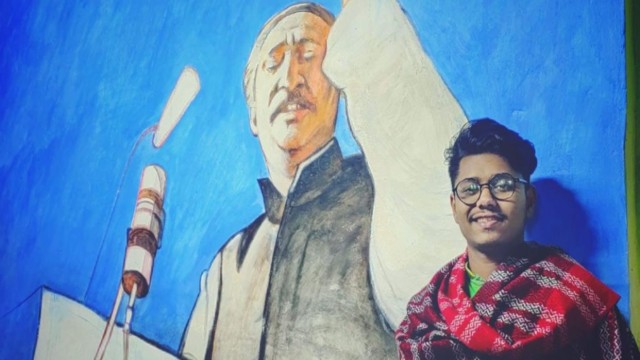








Comment: